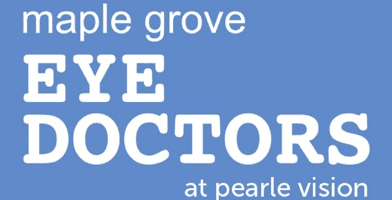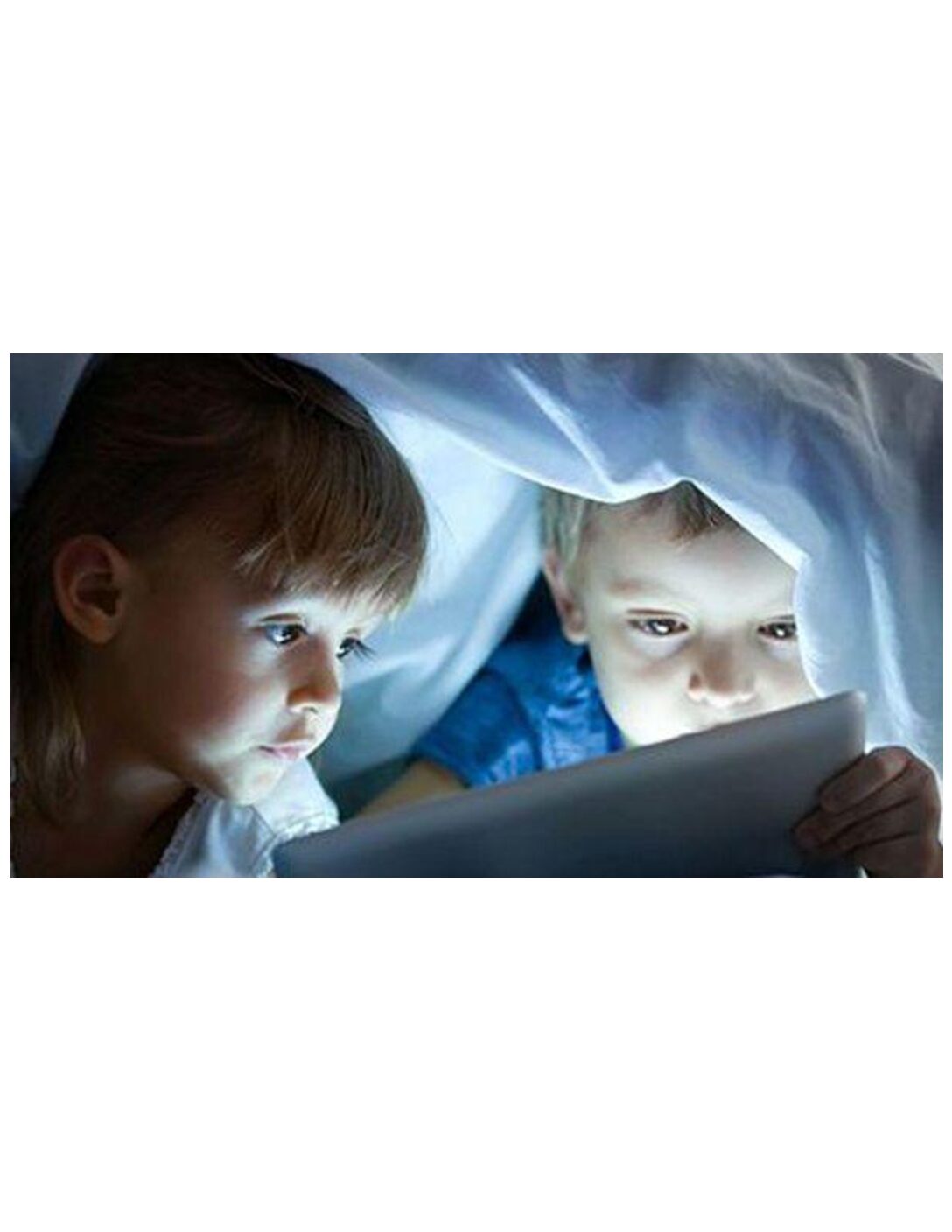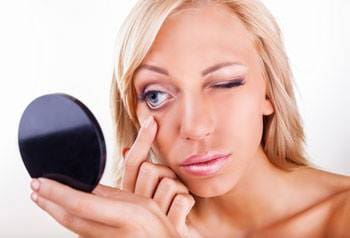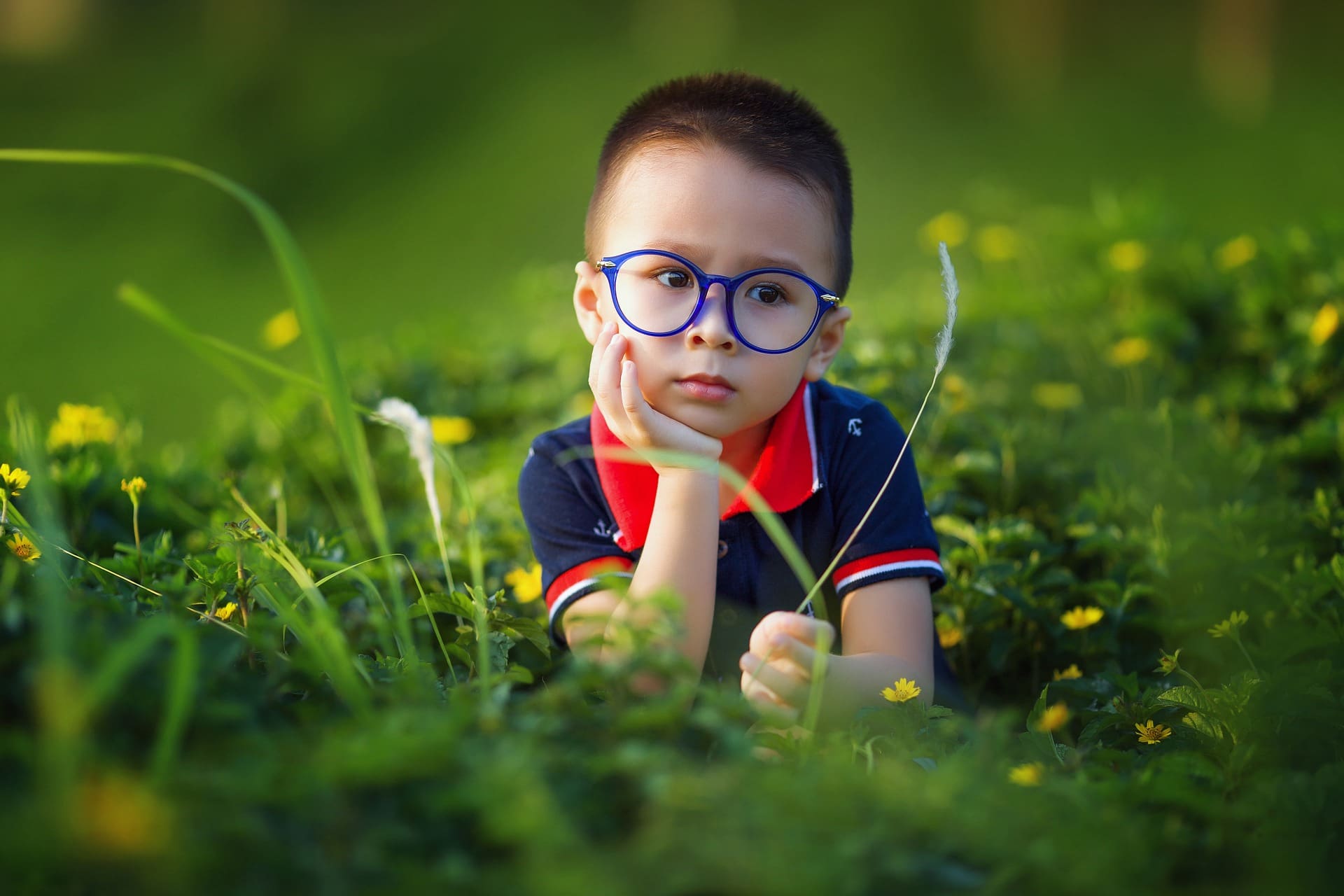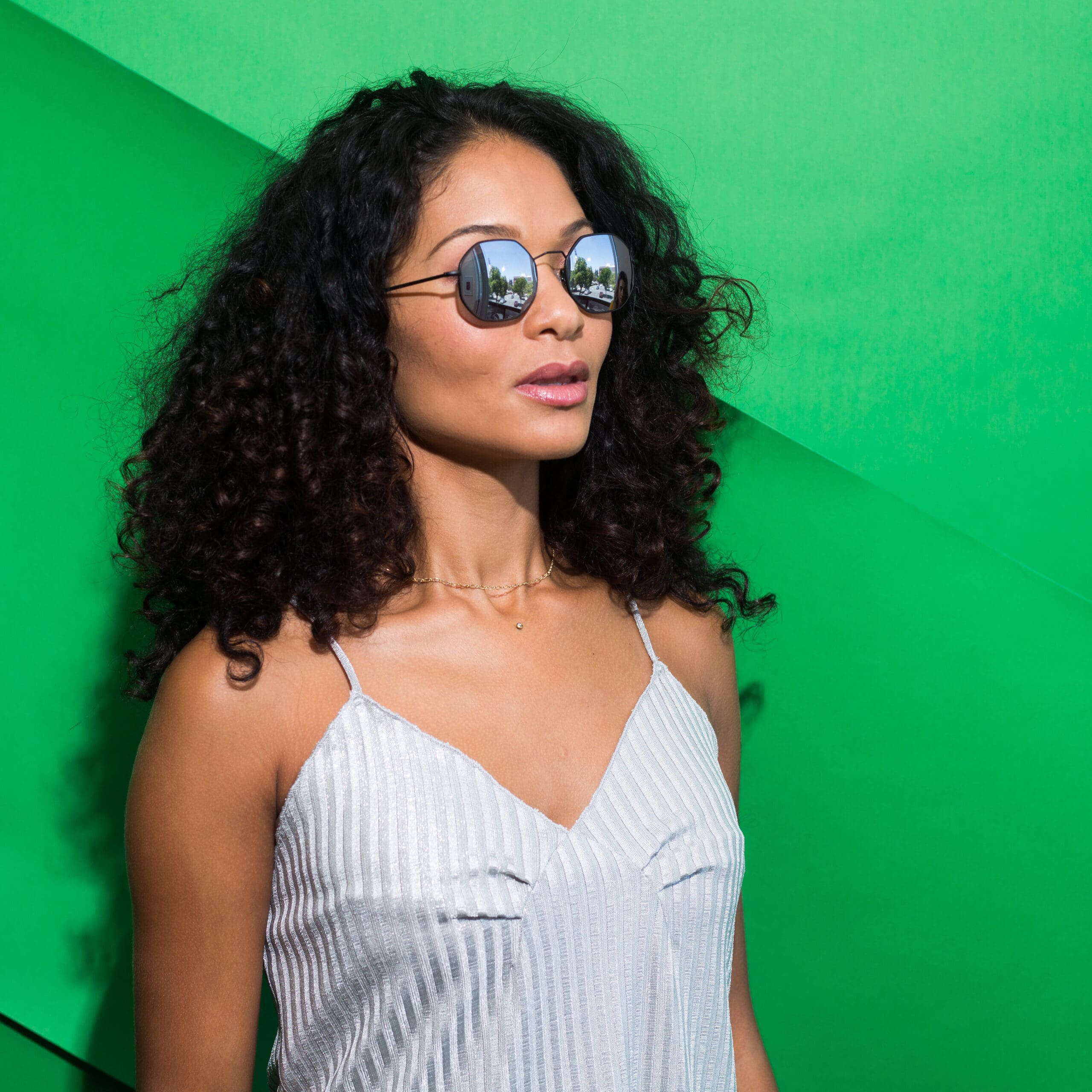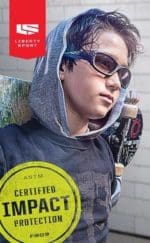What simple steps can parents take to protect their kids’ eyes from overexposure to electronic screens?
One in 7 parents said their 3- to 18-year-olds haven’t had a vision test in two years!! Yet half of respondents acknowledged that screen time has a big impact on their child’s eye health.
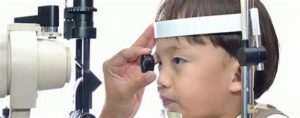
“Many parents may not be aware of both the short- and long-term health issues linked to excessive screen time, including its effect on children’s eyes,” said Sarah Clark. Sarah is co-director of the C.S. Mott Children’s Hospital National Poll on Children’s Health at the University of Michigan Health. “Our findings suggest that some parents may have inaccurate perceptions of activities that affect their child’s eye health and vision and how to minimize risks,” Clark said in a poll news release. The new poll addressed many overlooked vision risks, including bright light. Experts suggest that more time on screens and less time outdoors may increase kids’ risk for nearsightedness (myopia), which can lead to more serious eye problems later on. Research suggests that outdoor time can protect against it. Such a simple solution to an important problem!
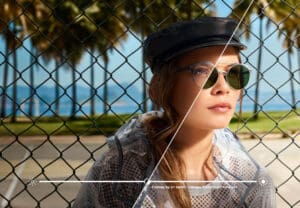
With the rise of virtual learning post-pandemic, eye care experts believe there could be a drastic increase in myopia in kids. Additionally, according to a report by Houston Eye Associates, prolonged screen time can also change the shape of the eyeballs, making them more elongated. The muscles of the eyes have to stretch to be able to focus clearly at closer distances, causing the lenses to shift and change the shape of the eyeball.
“Parents should encourage at least one to two hours of outdoor time per day because exposure to natural light benefits eye development,” Clark said. Dr. Clark urges parents to enforce family rules to ensure kids have a sustained period of time away from screens during the day. “This is especially important during summer months when they are off from school and may have less structured downtime,” Clark added. Less than a third of the 2,002 respondents also agreed that wearing sunglasses outdoors significantly impacted children’s vision and eye health. Only 2 in 5 have their child wear UV-protective eyewear when outside. YIKES. KIDS. NEED. SUNGLASSES. TOO. Transitions lenses are optimal for kids who wear glasses!

“While parents often make sure their children’s skin is protected with sunscreen, they may not think about protecting their eyes from the sun, as well,” Clark said, adding that parents should consider outfitting their kids with wide-brimmed hats or sunglasses to prevent radiation damage. Sunglasses can be a fantastic fashion accessory and also protect the eyes of your kids from the dangerous UV rays of the sun. 90% or 100% UV-A and UV-B blocking glasses can be an excellent option. In addition, does holding a cell phone or tablet close to the face harmful to a child’s vision? Research has pointed to holding cell phones or tablets close to the face increases the odds of developing myopia. So the answer is … YES.
“It is important time to think about myopia risks for children because kids with this condition often become more nearsighted over time,” said Dr. Olivia Killeen, an ophthalmologist at the University of Michigan Health’s Kellogg Eye Center in Ann Arbor. “The age of myopia onset is the most significant predictor of severe myopia later in life.”
Apart from screen time and bright sunlight, other common factors affecting children’s eye health include reading in poor light, sitting too close to TV screens, and diet. “Reading in poor light or sitting close to the TV can cause eye fatigue or strain, but they will not do any permanent damage or cause long-term eye problems,” she said. Kids can also become more prone to dry eyes, blurry vision, trouble concentrating, and severe headaches. The blue light from digital devices also affects how well kids sleep. Screen time before bed can make it difficult to turn off the brain and fall asleep undisturbed.
Kids are particularly vulnerable to issues concerning their sleep. Numerous studies have established a link between using electronics before bed and symptoms of insomnia in teens. Screen use can
increase sleep latency, and kids are often more likely to wake up feeling tired the next day. Also, as kids age and enter adulthood, prolonged screen time becomes even riskier as it can damage the retina and cause vision-robbing eye problems like glaucoma.
Experts recommend that kids have their eyes tested every two years to ensure they are developing properly, and yearly if a child has a correction. Routine comprehensive eye exams must be part of everyone’s healthcare schedule. It screens for potential problems and enables the eye care expert to devise a proper treatment plan. Even if there aren’t any major issues, the optometrist can assess your child’s overall eye health and look for any underlying conditions.
Why is it essential to identify and treat vision problems as early as possible? Because undiagnosed issues can lead to severe eye conditions in the future, including permanent vision loss. Four in 5 parents said their child had an eye test during an appointment with a pediatrician or family doctor, while more than a quarter said their kids were tested at school or daycare. School vision screenings generally measure distance vision —they do not include the most important aspects of eye care, such as the health of the eye, eye muscle functioning (how well the eyes work together), depth perception, or near vision. Therefore regular comprehensive eye examinations are incredibly important and parents should not rely solely on school-provided vision screenings.
The 20-20-20 rule is useful in caring for your kids’ eyes. Here it goes: take a break every 20 minutes, focus on something at least 20 feet away for about 20 seconds, and blink the eyes 20 times. It removes the pressure on the microscopic system of the eyes and helps them return to their natural position. You can also install anti-glare screen guards on computers and utilize reading modes on phones and tablets. Make sure the brightness of the screen is equivalent to the scene around, and not more or less brighter. The more the glare, the harder your kids’ eyes have to work to focus with clarity. Eye experts also suggest using blue light blocking glasses to deter the dangerous, high-energy blue light from entering your child’s eyes. These are safe for children and help alleviate strain, keeping their eyesight protected. Blue light glasses are also excellent protective eyewear for adults who spend most of their time in front of screens.
Simple steps can slow down the progression of nearsightedness and other major eye problems. Teaching your kids eye-friendly behaviors and developing a healthy lifestyle can take them a long way!
SOURCE: University of Michigan Health, news release, July 18, 2022
The findings were based on a nationally representative sample of parents of kids between 3 and 18 years of age.
